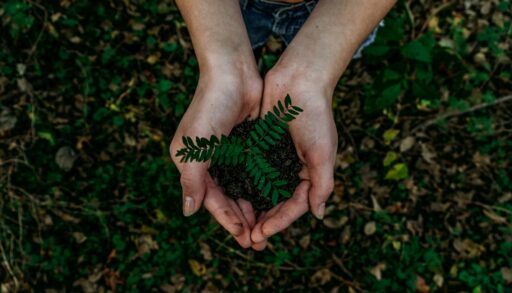Fixing Australia’s Environment Costs Just 0.3% of GDP, Experts Say


A consortium of over 60 experts has unveiled a comprehensive plan to restore Australia’s environment, estimating that an annual investment of $7.3 billion over 30 years could dramatically improve the nation’s ecological health. This groundbreaking proposal, developed by the Wentworth Group of Concerned Scientists, outlines 24 key actions aimed at preserving biodiversity, repairing degraded landscapes, and revitalizing river systems.
Professor Martine Maron of the University of Queensland emphasized the economic rationale behind the initiative, stating, “The cost is less than 0.3% of our GDP. Given that nearly half of our GDP depends on nature, that’s a pretty sound investment.”
The blueprint addresses critical environmental concerns, including the alarming decline in threatened species populations. “Populations of our threatened species have declined 60% since 2000,” Maron revealed, highlighting the urgency of the situation.
Key proposals include habitat protection, invasive species management, expansion of Indigenous fire management practices, soil improvement, and sustainable water management in the Murray Darling Basin.
The plan also aims to significantly increase native vegetation coverage. “It’s possible to return Australia’s native vegetation to at least 30% of its pre-1750 extent by restoring 13 million hectares of degraded ecosystems,” the report suggests, noting potential carbon market revenues of $16-$34 billion for landholders within three decades.
Professor Jamie Pittock of the Australian National University emphasized the dual benefits of the proposal: “We can afford to have both a healthy environment and a productive economy.”
As the Albanese government faces pressure to reform national environmental laws, this blueprint offers a concrete path forward. With its potential to “avoid most extinctions and recover almost all threatened species,” the plan presents a pivotal opportunity for Australia to secure its environmental future while bolstering its economy.
Re-reported from the article originally published in THE GUARDIAN.









